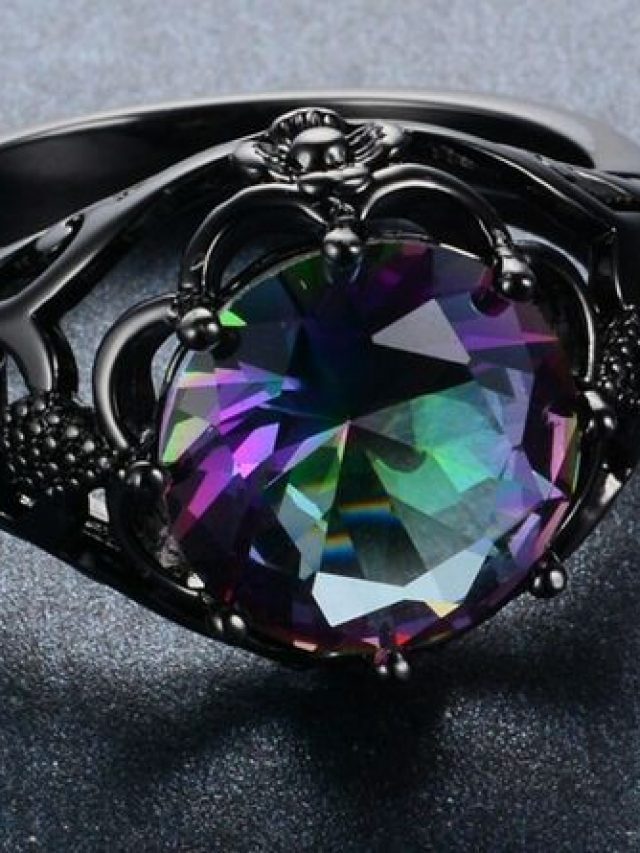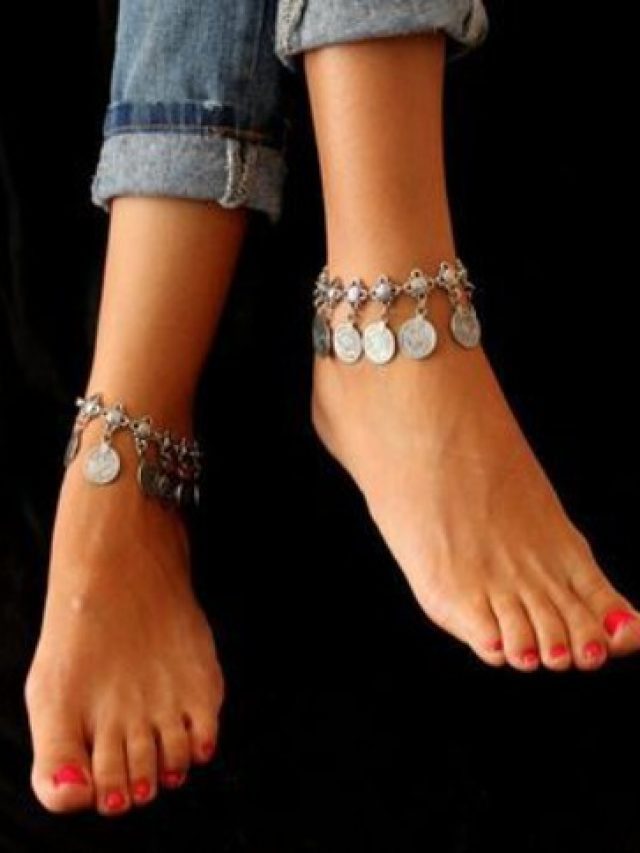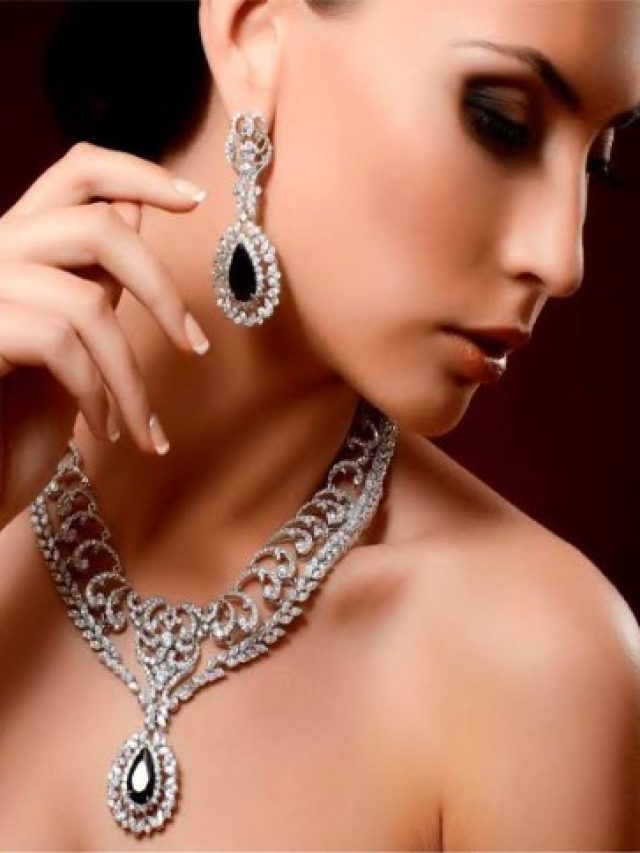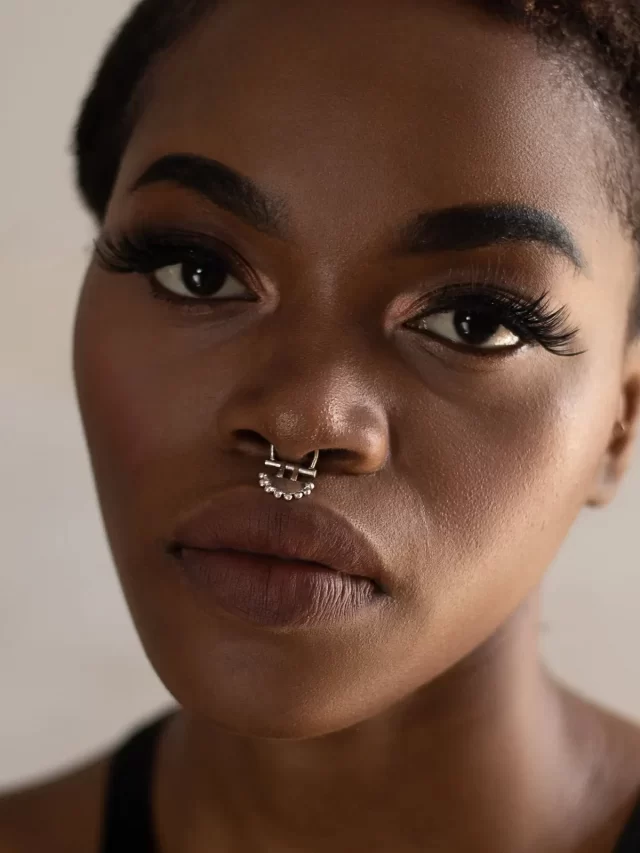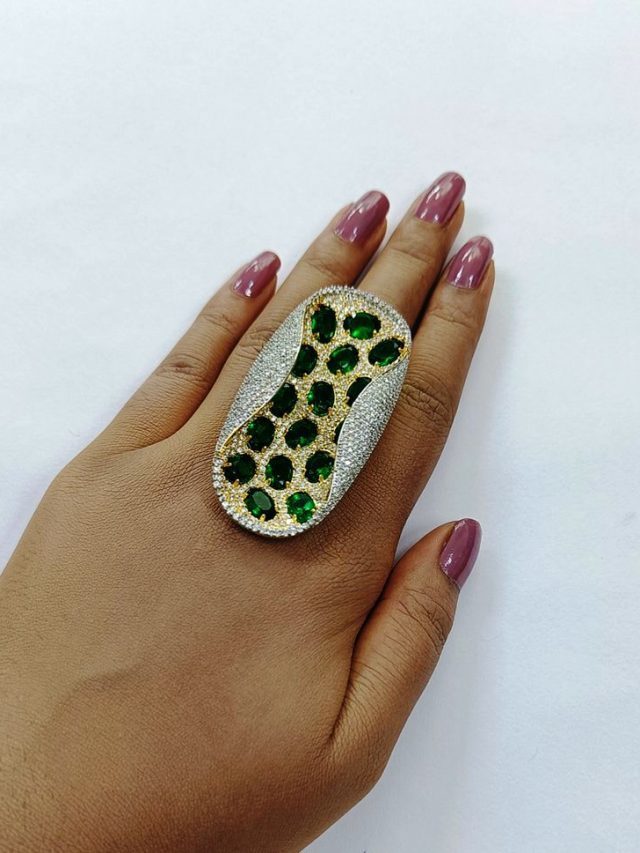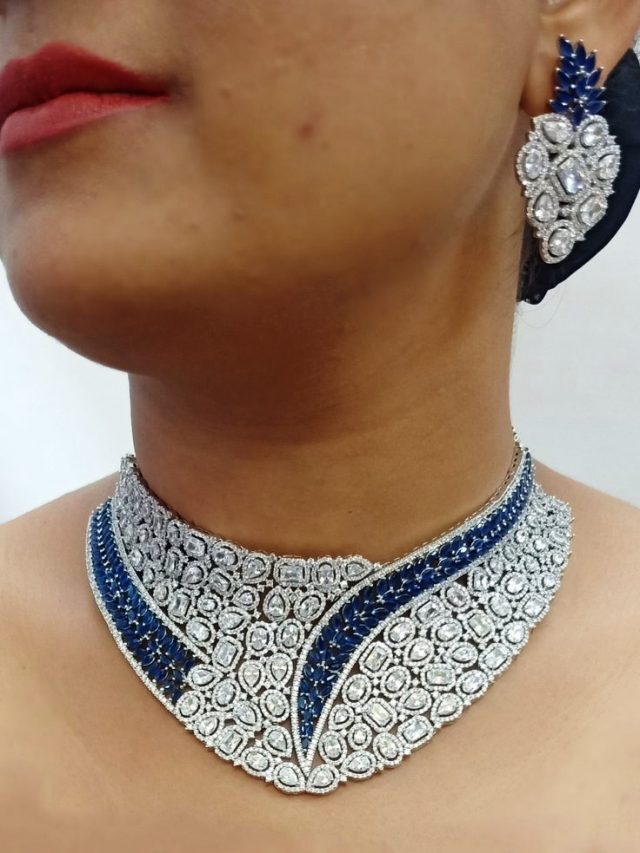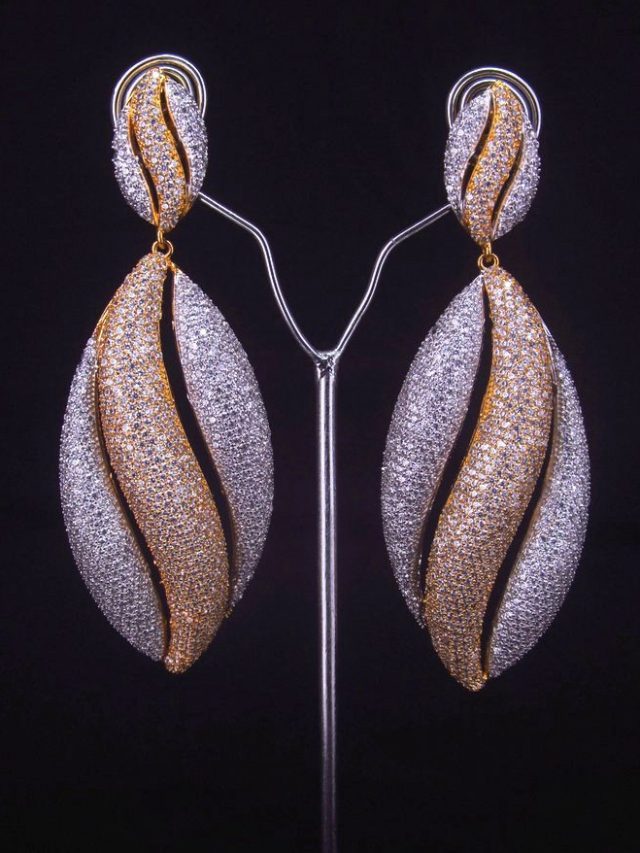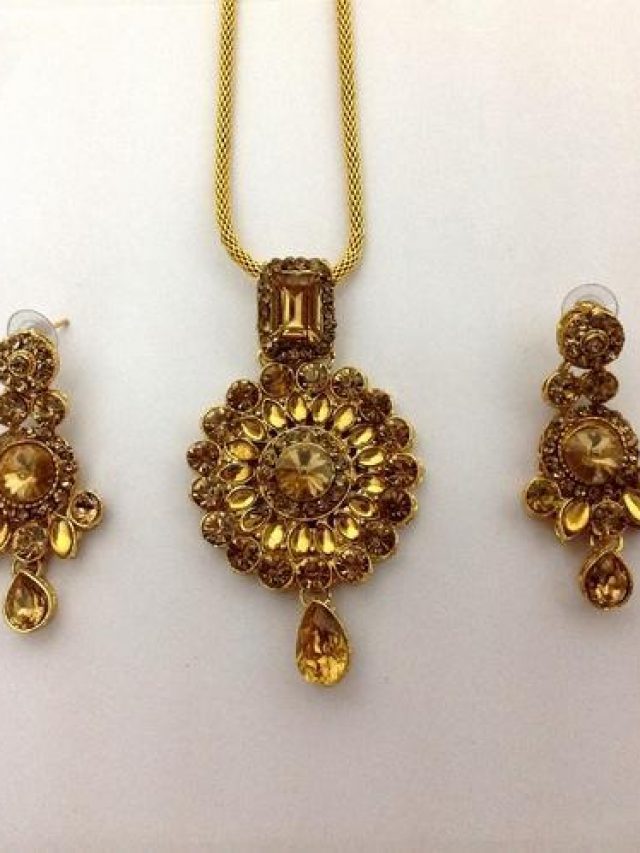
According to recent media reports, lab-created diamonds are increasingly popular with consumers in New Zealand; however, the future of the category remains uncertain.
Based in Auckland, Four Words co-owner Shivana Pemberton said she’s noticed a notable increase in customers’ awareness and popularity of lab-created diamonds.
“A two-carat solitaire diamond engagement ring, if you were wanting to go natural you are probably looking at $NZ24,000 to $NZ26,000. For the lab-grown diamond equivalent, you would be looking at around $NZ8000,” she told Newshub.
“Most of our competitors now offer lab-grown diamonds, even some competitors that we didn’t think ever would.”
This report comes after a story published by the Associated Press, which questioned statements made by lab-created diamond producers amid concerns about greenwashing.
Owner of The Diamond Shop, Sera Cruickshank, said that lab-created diamond jewellery accounts for around 90 per cent of sales, despite the Auckland store also offering natural diamonds.
“It’s having a really big impact on natural diamonds. In 2023 alone, they took an absolute dive of just over 20 per cent; it’s almost unheard of,” she said.
“Lab-grown diamonds really have changed the industry and made it really difficult for natural diamonds to compete.”
What does the future hold?
Despite the apparent popularity of lab-created diamonds among young consumers, industry analyst Paul Zimnisky told Business Insider that he expects jewellery retailers to return their focus to natural diamonds this year.
“It’s a manufactured version of one of humans’ most valuable natural resources. It allows consumers to buy a diamond at really affordable prices, especially very large diamonds that would cost tens or hundreds of thousands of dollars if they were natural diamonds,” he explained.
“I think people kind of just bought it, and they thought, ‘you’re the only one with a three-carat diamond. But if you go to a wedding these days, you’re just looking at people’s engagement rings; there’s a lot of three-, four-, five-carat diamonds, and it’s become ubiquitous.”
Zimnisky also drew attention to recent high-profile endorsements of lab-created diamonds – which include Michael Hill International, Pandora and Prada – and suggested that the popularity of the stones may prove to be their downfall.
“Some of the fad is starting to fade a bit. I think it’s become a lot more mainstream,” he added.
“I think now you might actually start to see the opposite happen, where people are like, I just want a smaller natural diamond.”
As part of Jeweller’s 2024 State of the Industry Report, more than 200 retailers were surveyed about the importance of lab-created diamonds to their business.
The responses were almost perfectly divided. Around 40 per cent of respondents either ‘strongly agreed’ or ‘agreed’ that lab-created diamond jewellery has become a significant part of their business over the past decade.
A greater number (42 per cent) stated that lab-created diamond jewellery was not essential to their business.
More reading
Greenwashing: Lab-created diamond claims questioned
Was 2023 the year of the lab-created diamond?
Lightbox details plans to expand audience for lab-created diamonds
Prada director urges jewellery industry to embrace lab-created diamonds
Mejuri launches new lab-created diamond collection














